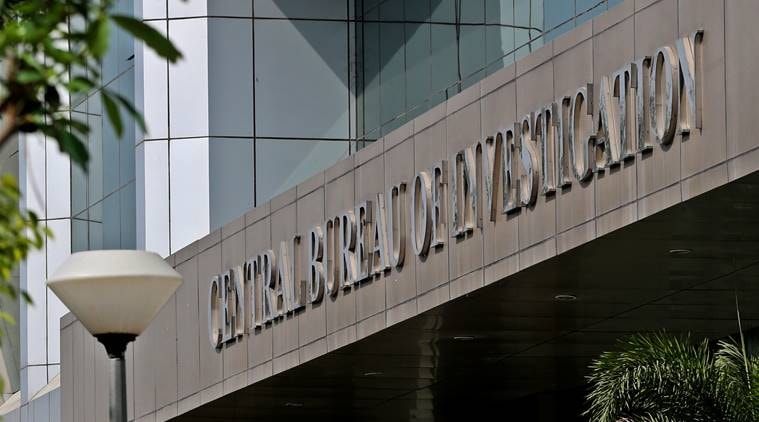When investigation is intimidation
Investigative adventurism by enforcement agencies hampers ease of business.

Minister Arun Jaitley’s condemnation of investigative adventurism is a clear message not just to the CBI but for all the enforcement arms of the government. It is not an effort to protect anyone or interfere in the autonomy of the investigative process. In the context of this government’s much-vaunted efforts to improve the ease of doing business, this is a seminal statement. Amongst all the parameters, businesses cannot exist and flourish in a state of constant apprehension and dread of the capriciousness of the arms of law and regulatory agencies. This discourages investment and entrepreneurship, which has the cascading effect of low growth and poor job creation.
The many amendments to the Companies Act, increasing a host of compliances, has made the task of independent directors so onerous that many professionals refuse board appointments leading to a paucity of leadership at the top. In the present case of ICICI, this broadening of the purview to include the entire investment board, who in the discharge of their duties were going by the facts before them and had no mens rea (intent) or any proven self-interest, is self-defeating and can seriously hamper credit flow to businesses. The case of the chairman of the Bank of Maharashtra and senior directors who were implicated in the matter of a local developer in Pune, and now exonerated before the commencement of any trial as there was no evidence in the first instance, is yet another example of this (mis)adventurism, this time by the local police.
For long there has been a fear-induced inertia, especially in the higher echelons of the bureaucracy. Important decisions are invariably deferred, especially by officials on the verge of retirement, so as not to jeopardise pensions and lucrative post-retirement sinecures by maverick investigations, with the attendant risk of incarceration.
The lack of judiciousness in investigations also invariably clogs judicial pipelines. The government is already the biggest litigant at all levels of the judicial system. An IT officer, passing an order bound not to satisfy any test of law, nonchalantly asked me to knock on the doors of the court, “otherwise how will judicial precedents be set”. There was no thought of the costs this would entail, both in time and money, not only for the litigant but also for the department.
In this, it is small and medium businesses with scarce capital and resources who are the worst sufferers. Not only are professionals to be hired and paid to defend unreasonable demands, but delays in adjudication and appeals, all due to crawling government machinery, leads to a burden of interest which could lead to bankruptcy.
There is, thus, a serious need to curb the “megalomania” of the investigating and adjudicating officers for both the high economic and emotional costs they inflict. Today this megalomania feeds on irresponsibility, for there is little in form of punishment to the offending officers for harassing businesses, sometimes in order to achieve imposed targets and sometimes for self-enrichment.







































No hay comentarios:
Publicar un comentario